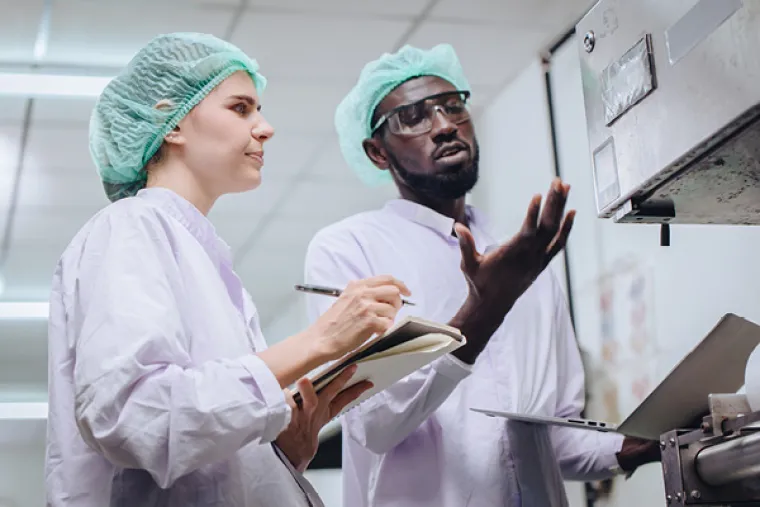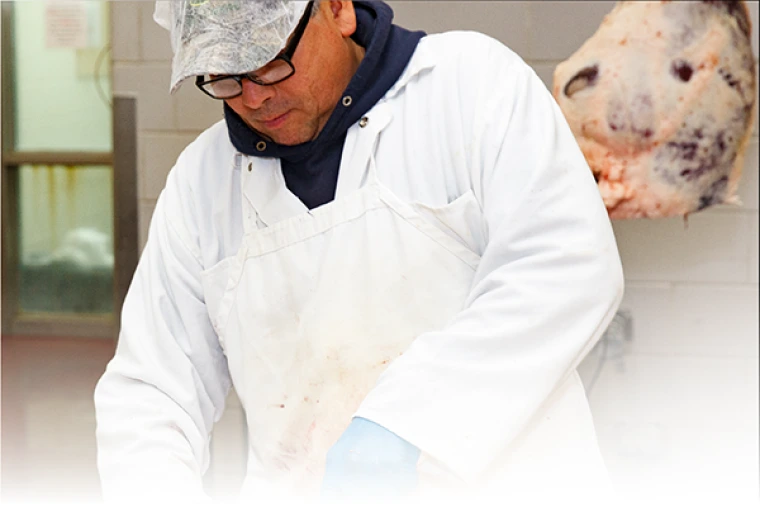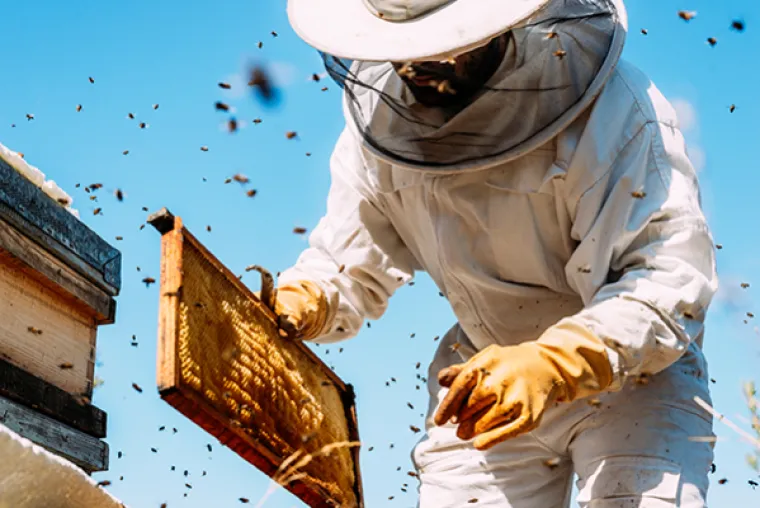Spacesuit Training Course
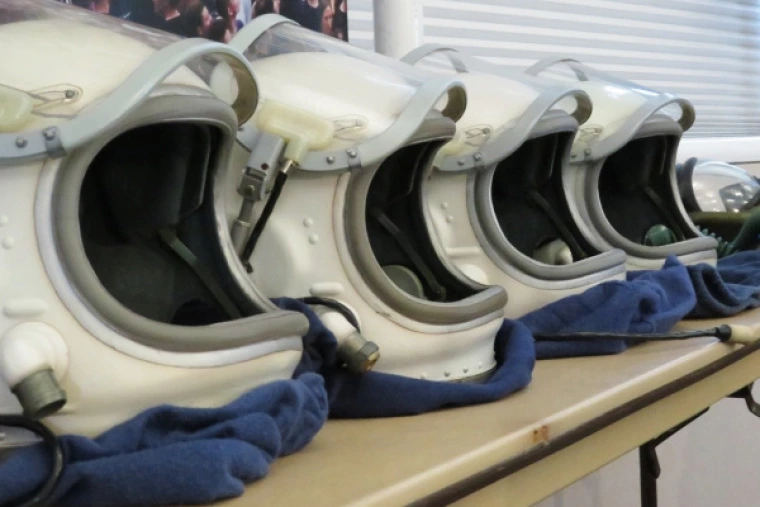
The University of Arizona Biosphere 2 Center for Human Space Exploration (CHaSE) Spacesuit Training Course is an invaluable opportunity to gain comprehensive knowledge and expertise with spacesuits.
By the end of the course, participants will have had a thorough introduction to spacesuits and their operational protocols, including practical hands-on experience with donning (putting on), doffing (taking off) and pressurizing spacesuits safely and efficiently.
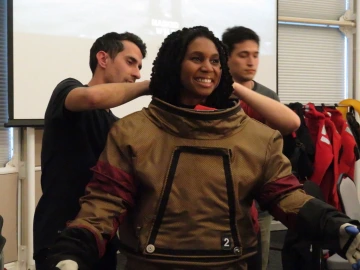
What You Will Learn in the Spacesuit Training Course
Over one full classroom day, the course covers a brief history of suits, basic human physiology, and basic life support, as well as cleaning protocols for the suits.
During this time, you will gain a comprehensive understanding of the components and construction that make these complex systems.
Most importantly, you will also get fundamental hands-on experience with donning, doffing and pressurizing spacesuits.
What Is Included?
- One full day of in-person training, including practical demonstrations and hands-on experience with donning, doffing and pressurizing spacesuits.
- A non-credit certificate of completion from the University of Arizona’s Center for Human Space Exploration upon successful completion of the course. The certificate serves as evidence that the participant has completed all requirements for this professional development course.
Upcoming ClassesNo classes currently scheduled. Contact us if you are interested in scheduling this class for a group. |
Who Should Take the Spacesuit Training Course?
The course is open to individuals of all backgrounds with no prerequisites.
All participants will leave the course with a greater understanding of how to safely use and maintain these suit systems, enabling the next generation of space operations and exploration.


